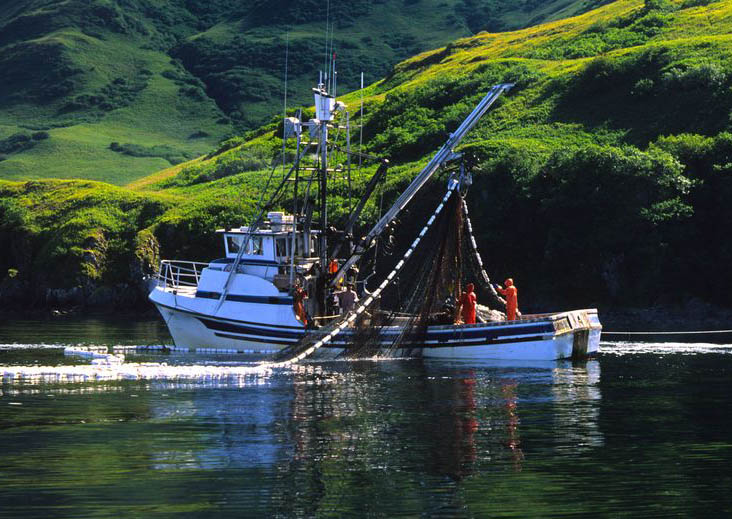

The meadows are also critical to preventing coastal erosion: the plant’s leaves trap sediment before the waves carry it away from shore. B ecause of the large amount of oxygen it produces, Posidonia gives water life. The meadows provide shelter and breeding grounds for thousands of animal and plant species that live in the Mediterranean. Much like the god it’s named after, Posidonia has always safeguarded the sea. The ancient Greeks cherished Posidonia so much that they named it after their god of the sea, Poseidon, who was said to have the power to unleash storms as well as protect sailors and their ships, Soler-Roig said.

The ancient Phoenecians sent their wounded warriors to swim in the meadows, believing the water could heal all injuries, according to Miguel Soler-Roig, a conceptual artist whose 2018 series Atlantis & Posidonia, explores the mythology of the plant. San Felix is not the only one to have become mesmerized by the Posidonia meadows of the Balearic Islands. I fell in love with this amazing plant that creates an entire ecosystem.” “When I dove into the water, I was blown away,” he said, recalling his first dive in the Formentera meadows in 1992. San Felix remembers the first day he swam with the Posidonia like it was yesterday. “If we are the ones responsible for Posidonia disappearing, that is a mistake with no return for humanity,” said San Felix. Scientists estimate that between 18, up to half of Mediterranean P. Although Posidonia is protected at both the international and European level, the plant is nevertheless struggling to survive amidst rising tourism, pollution, and sea temperatures. “ the most effective ecosystems on the planet for absorbing carbon is the Posidonia meadow,” said San Felix.Īround the world, however, seagrass is quickly disappearing. The average square kilometer of seagrass stores 83,000 metric tons carbon-more than double the storage capacity of a typical forest. The species protects the coastline and provides a home for molluscs, crustaceans, echinoderms, fishes, and sea turtles. oceanica -which is a plant, not to be confused with seaweed, an algae-covers over 25,000 square kilometers of the seafloor. Posidonia oceanica or Neptune grass, is a seagrass species endemic to the Mediterranean and a critical tool for fighting climate change.


 0 kommentar(er)
0 kommentar(er)
